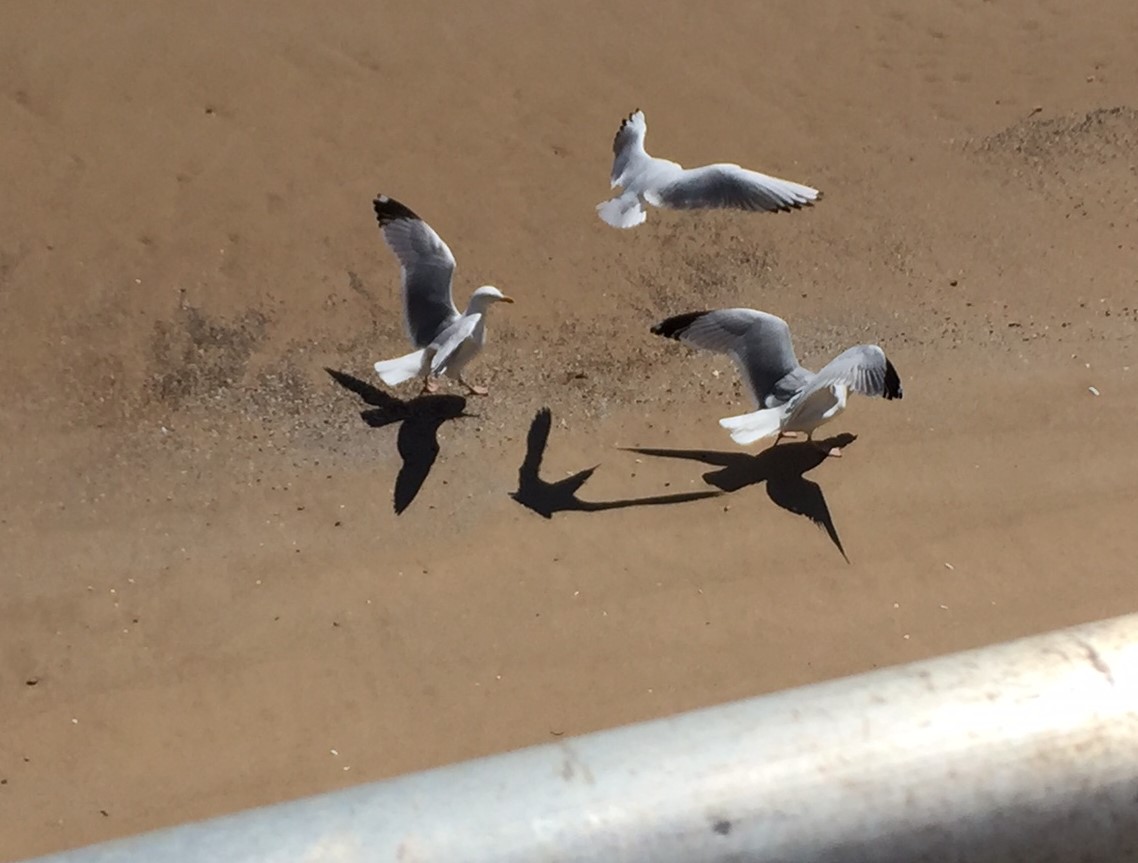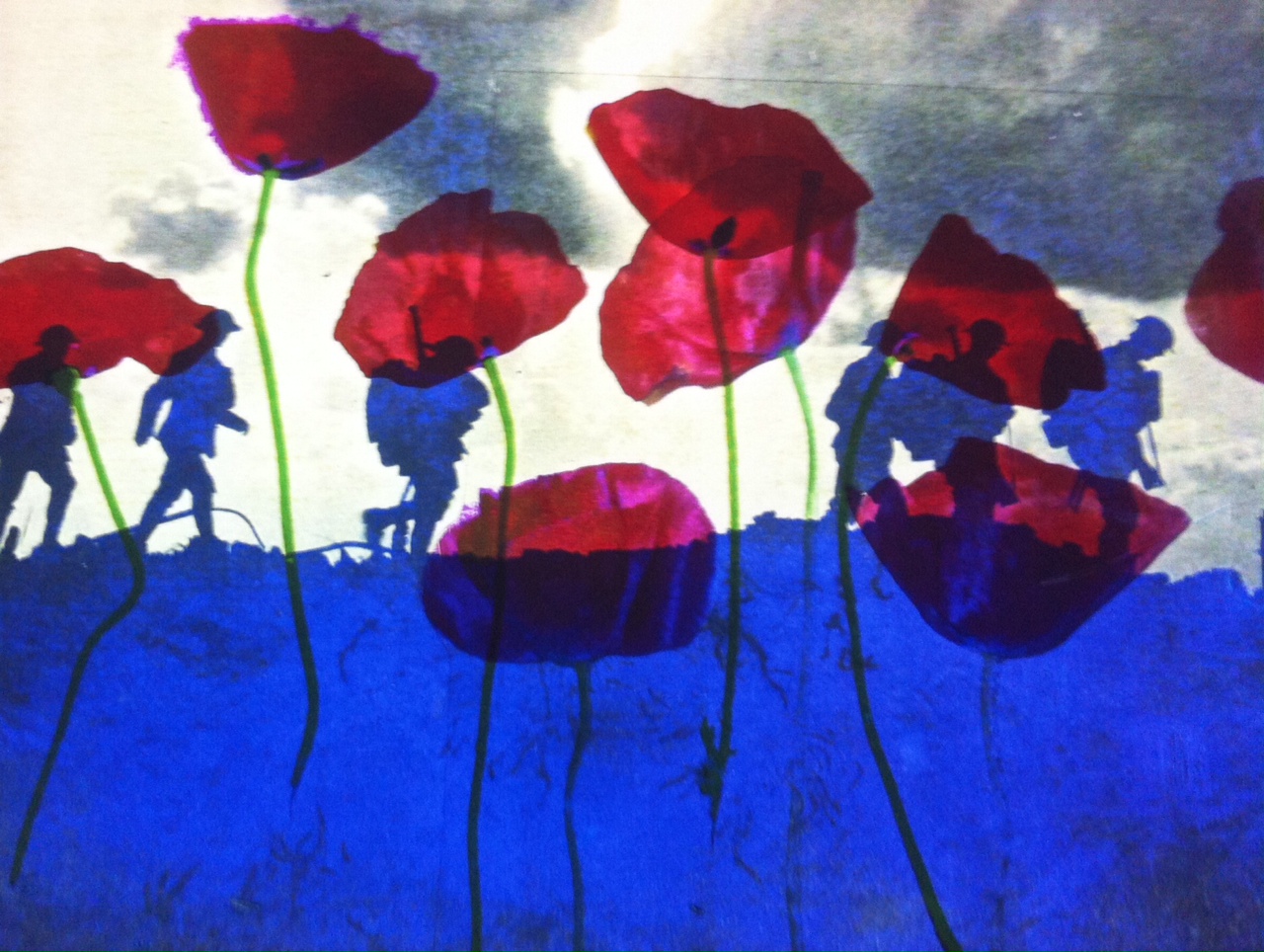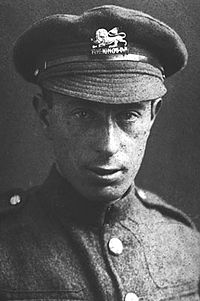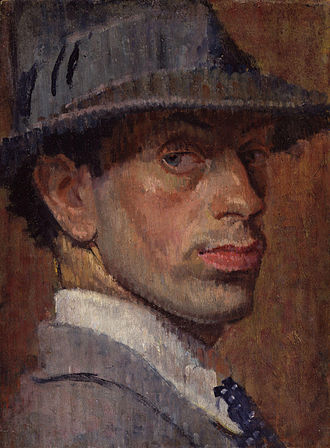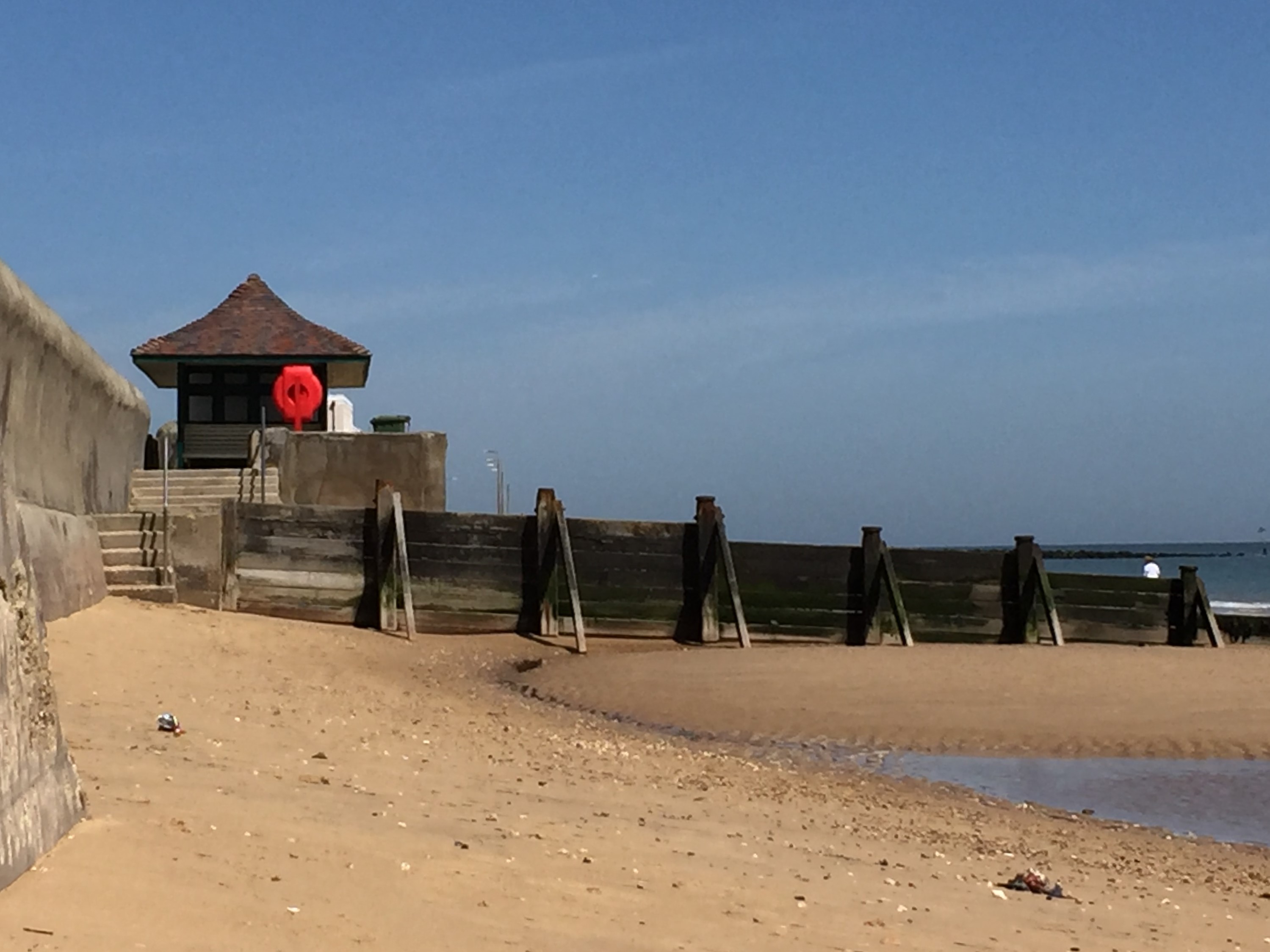 This has been a busy last few days – there was a trip to Walton-on-the-Naze, a place very close to my heart. We went to Walton on our Sunday School Outings, my mum went there as a child, she had her honeymoon there, and we also went on family holidays.
This has been a busy last few days – there was a trip to Walton-on-the-Naze, a place very close to my heart. We went to Walton on our Sunday School Outings, my mum went there as a child, she had her honeymoon there, and we also went on family holidays.
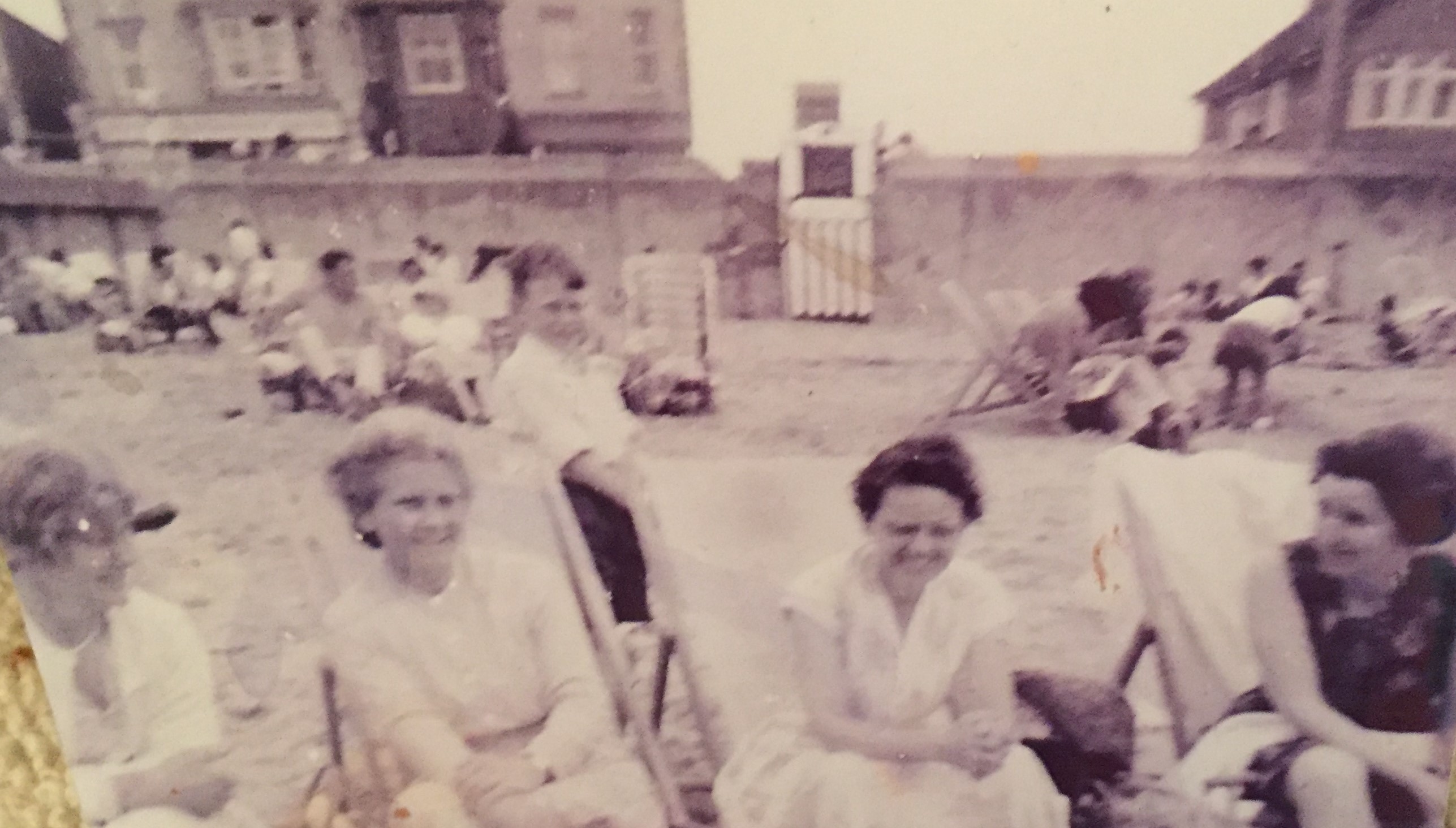 It’s a small seaside town on the Essex coast between the brashness of Clacton and the primness of Frinton-on-Sea. And it has a pier (the second or third longest in the UK, depending who provides the information), with an arcade with penny slot machines, and a ghost train and dodgems. And we have braved wind and rain, and we have sat defiantly on the beach hugging our coats around us. So a trip to Walton was something I was looking forward to.
It’s a small seaside town on the Essex coast between the brashness of Clacton and the primness of Frinton-on-Sea. And it has a pier (the second or third longest in the UK, depending who provides the information), with an arcade with penny slot machines, and a ghost train and dodgems. And we have braved wind and rain, and we have sat defiantly on the beach hugging our coats around us. So a trip to Walton was something I was looking forward to.
But last week it was cold, really cold. The clouds hung heavy and low in the sky. And the pier where we went with a bag of 2p pieces (it is important to prepare for a trip to the seaside), was changed. The rides were unsurprisingly closed, being spruced up for the forthcoming season. The arcade was open – but where were the Tipping Point 2p slot machines? We had come to lose money and there was nowhere to lose it!
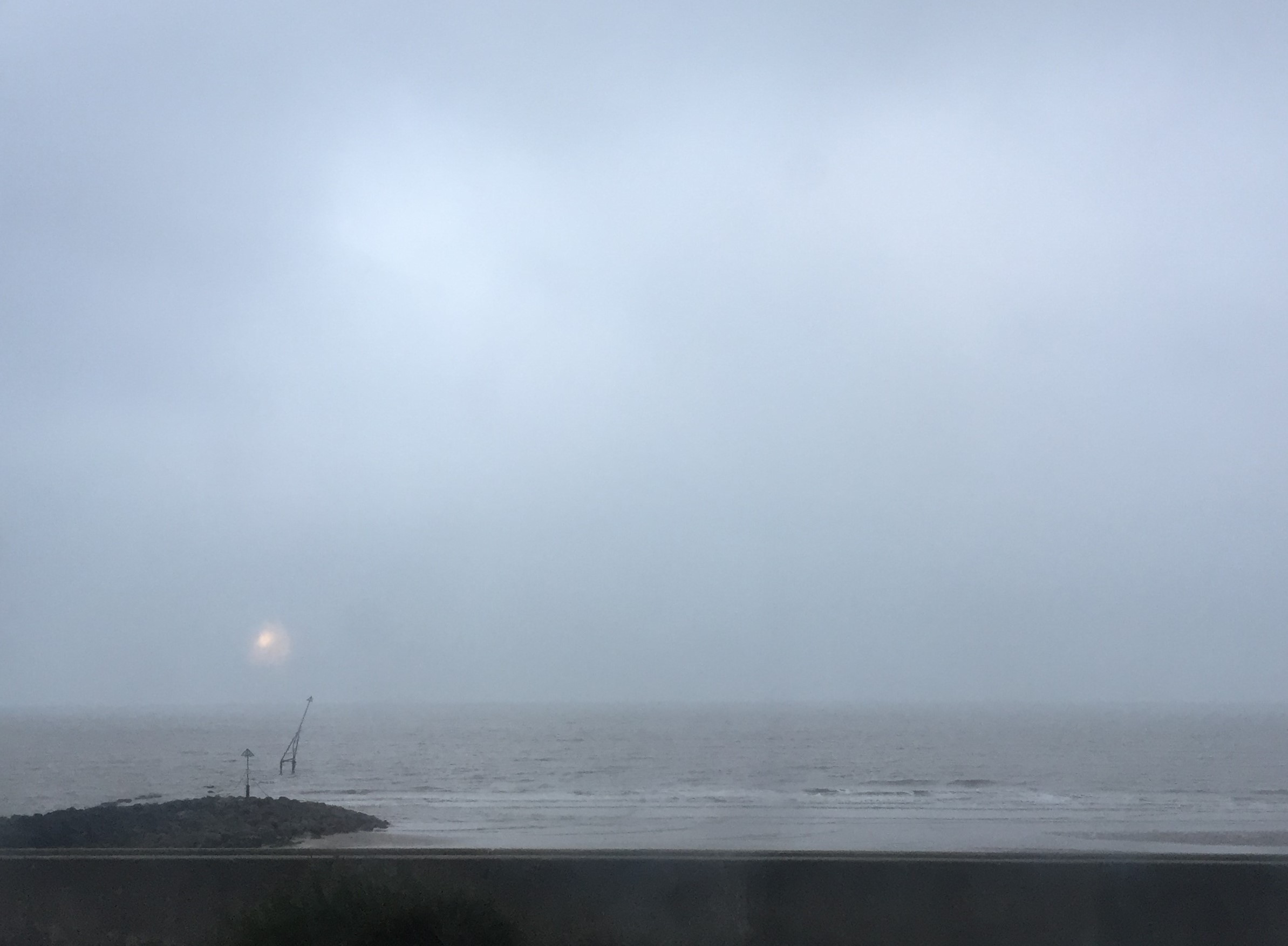
And it was so cold.
Things brightened up with a trip to Rowhedge, outside Colchester. We had come to visit an old friend of my mum’s, last seen 30 years ago, in her tiny, warm house in Rowhedge, across the estuary from Wivenhoe. She’d put on a lovely spread of cheese scones, toast, honey, grapes, olives…
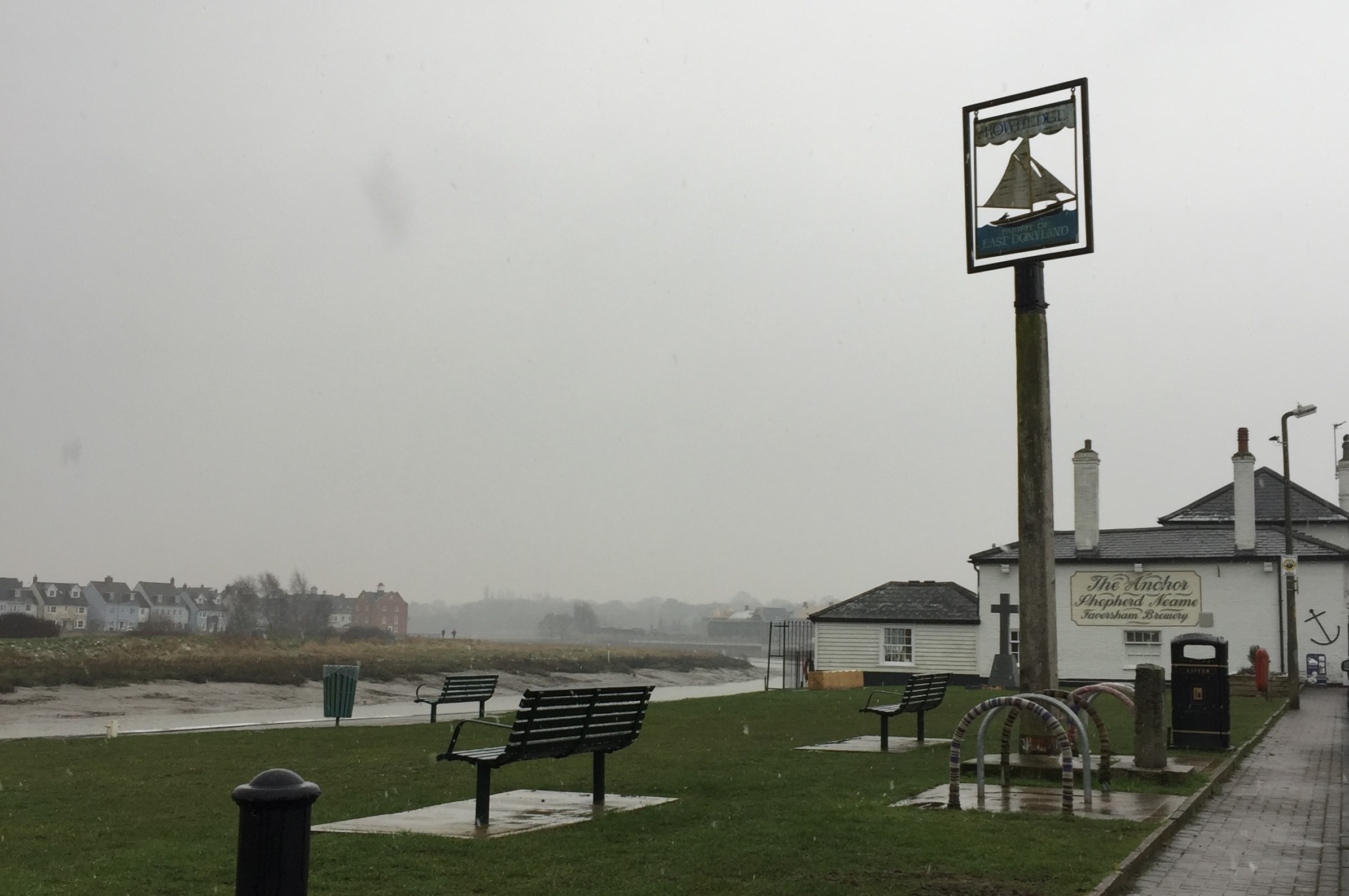
She was a great CNDer and also a drama teacher of an evening class round at the Tec. I was in that class and we put on an unforgotten, but occasionally overlooked performance of artistic scenes, during a Chelmsford Arts Festival of the late 60s. We all wore black leotards. It was also the year of my great success in The Crucible – I remember my lines as if it were yesterday. ‘The wings! The wings.’ An exhausting performance.
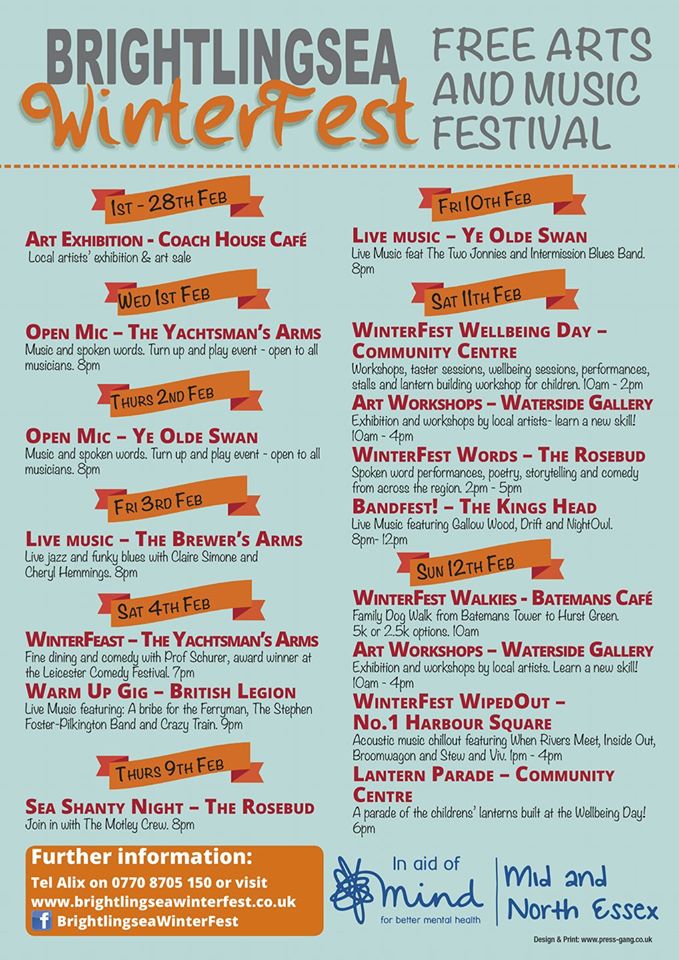
Then there was Brightlingsea, on the other side of the estuary. It was standing room only in the conservatory of the Rosebud pub, as people crowded in to hear local poets, writers, comedians, story tellers, exhibit their art. It was a wonderful success, not least because the event was part of the the Winter Fest, on behalf of Mind. Not to raise money so much as simply to get people out of their homes, to come and be sociable in the grim winter weather. It was still cold. And I was wearing my ‘performance outfit’ – which meant no vest, very few layers and boots not made of Spanish Leather but some very thin vinyl material. When it was my turn to read my hands could hardly turn the pages. However, once someone had rearranged the microphone and we got going people laughed in the right places, and later I was told people had asked ‘Who was that masked man?’
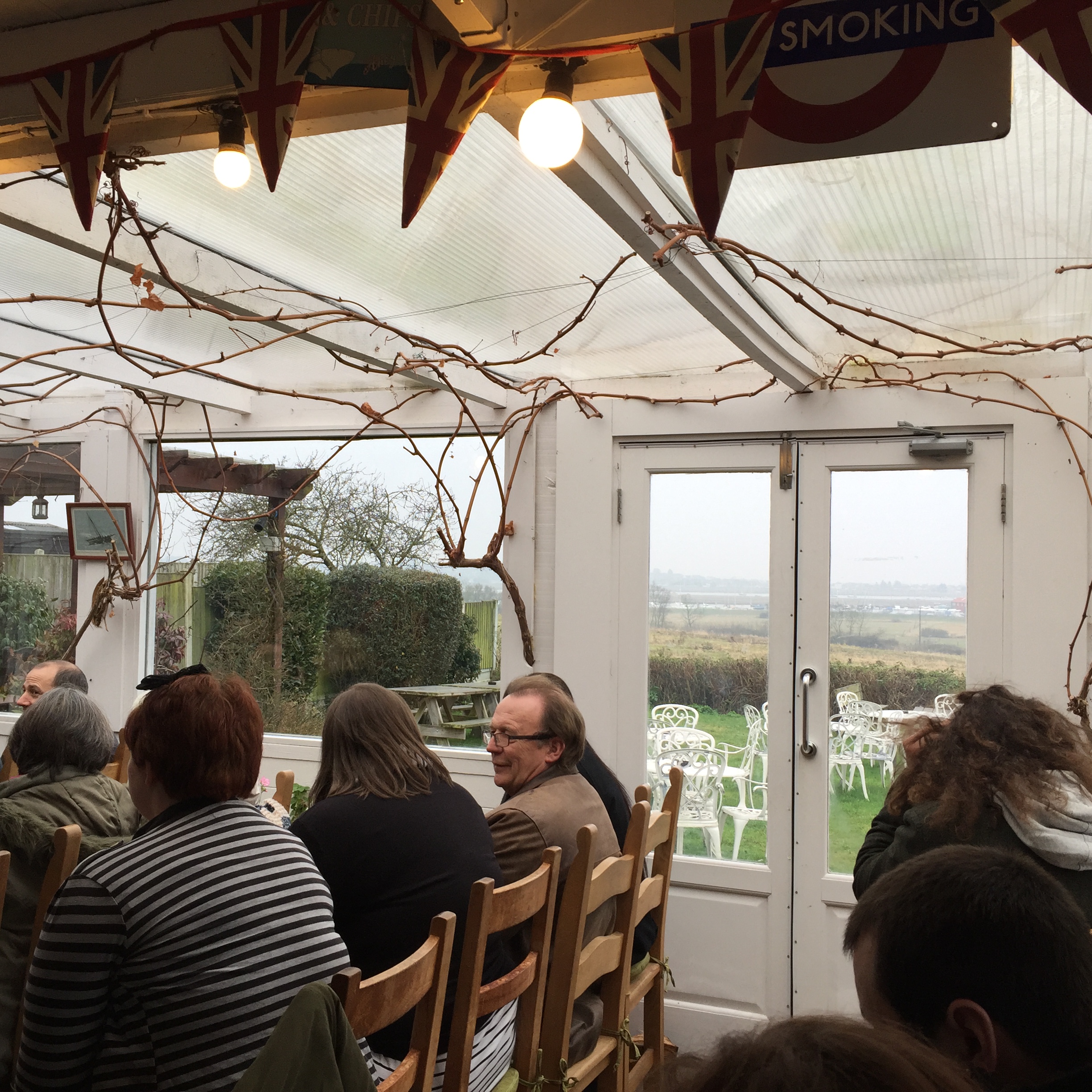
So it turned into a good weekend. The highlight perhaps had occurred a couple of days before. I had listened in the night to a lovely half hour programme on R4 Extra. Nobody told me to oil my boots told the story of Isaac Rosenberg, a working-class Jewish lad, son of immigrants, a peace loving poet and artist from the East End, who felt it was his duty to join up and fight for his country in WWl. He joined a Bantam Regiment (for men who did not reach the required height of 5’3″). His war poetry is often overlooked, when people concentrate on poets like Wilfred Owen – who was advised to oil his boots. At the end, the R4 poet in residence,Daljit Nagra, summed up by talking about the numbers of Jews and Muslims and Hindus who fought and died in WWl for their country. First broadcast several years ago it is a delicate, powerful, heartbreaking story that is well worth listening to for 30 minutes.
